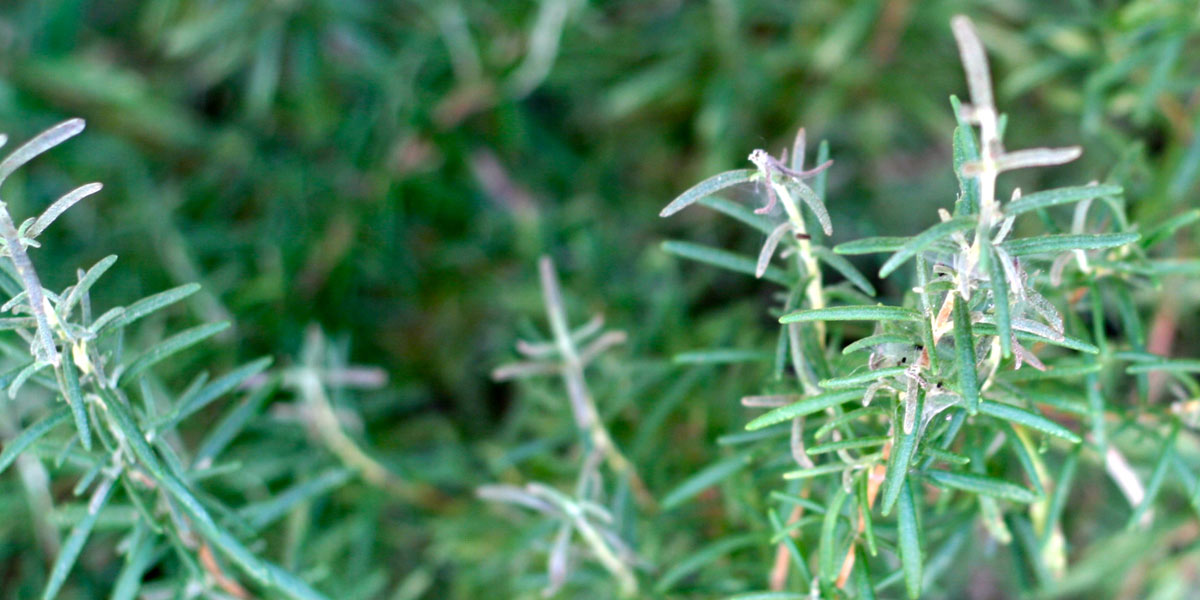Rosemary
Rosemary has the most beautiful smell that reminds me of Italy, Greece, focaccia bread, and family. (I hope it evokes that scent for you too!) The smell of rosemary is quite bright and piney, and it tastes just as magical as it smells. I love using rosemary pureed with olive oil as a bread dip, in marinades for fish and vegetables, in eggs, soups, pastas, rice/grain dishes, and simply as an ornamental rosemary sprig bouquet on my desk in a big mason jar.
- Rosemary has been used for thousands of years culinary, culturally and medically. Before refrigeration, rosemary sprigs were wrapped around meats to act as a preservative. Greek students wore rosemary sprigs around their neck to preserve memory. During the Middle Ages, if a young person tapped another with a rosemary twig containing an open blossom, the couple would fall madly in love.
- Now, rosemary may not be a love twig or a memory booster, but it is a great and natural preservative. The oil in rosemary contains powerful antioxidants that prevent meat’s fat from oxidation and turning rancid. According to the book, 100 Healing Herbs by Michael Castleman, rosemary’s preservative power compares very well to commercially used preservatives: BHA & BHT.
- Rosemary contains carnosic acid, which helps to fight off free radical damage in the brain.
- Digestively, rosemary can help relax the lining of the digestive tract, working to relieve muscle spasms and pain in the stomach.
- Rosemary is anti-inflammatory and is a rich source of antioxidants. These together work to boost the immune system and keep free radicals under control.
Vegukate Tips:
Plant your rosemary for that beautiful, fresh taste whenever you want it. Indoors, place potted rosemary by a window for light. Outdoors, plant it and watch it take over your garden. Rosemary for days!
Dried rosemary can be stored in an airtight container in a cool, dark place for up to six months.
-
Baked Sweet Potato Rosemary Wedges

My favorite sweet potato of the moment: roasted with rosemary to sweet, spicy, delicious perfection! Read the recipe
-
Roasted Red Pepper & Tomato Soup

A simple 10 ingredient Roasted Red Pepper & Tomato Soup and the most miniscule reminder of summer... What could be better? Read the recipe (3 comments)
-
Fruit & Herb Infused Water

Hate the taste of water? Infuse it with (fruity, veggie, herb) goodness! Read the recipe

